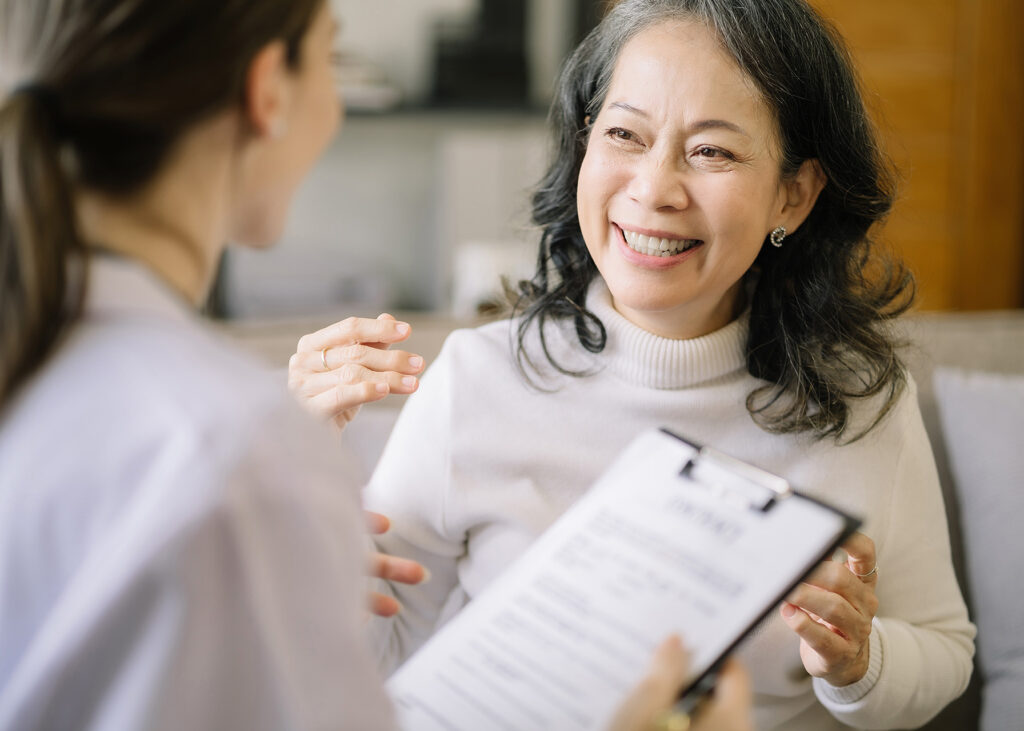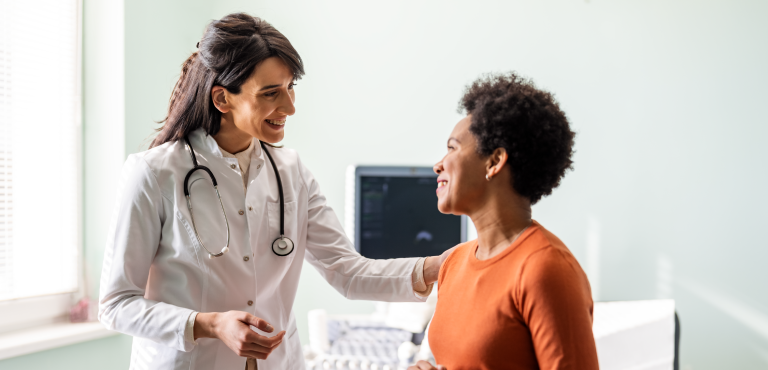Objective
Endometriosis can have several negative effects on a woman’s life, which can take a heavy toll on the health experience of someone living with the condition. The negative impact of living with endometriosis is largely misunderstood. A global biotechnology company approached COUCH Health to learn more about the needs of people living with endometriosis, and better understand patients’ self-management, use of social support, and what life with a chronic disease means for them. The aim was to generate insights that would be used to facilitate the protocol design for a new phase III study.
To uncover what people living with endometriosis are experiencing and understand their perceptions of the condition, we decided to use a mobile ethnography study to generate insights. This enabled us to focus on understanding their day-to-day experiences and allowed us to capture in-the-moment insights, which can be missed through retrospective reporting methods.
For the research project, we partnered with women’s health patient and community organisations to engage participants. We recruited 12 women to take part, and intentionally included people from a range of backgrounds to ensure the participant group was broadly representative of people living with the condition.
How we performed
- 12 Participants
- 18-41 years old
- 3 Locations
Our approach
The Health Engagement team at COUCH Health conducted the ethnographic research study through a bespoke, private Facebook group, which was branded to help participants feel comfortable sharing their insights.
To gather those in-the-moment insights, we tailor-made ethnography tasks to the participants’ experiences to allow them to express themselves in fun, creative and insightful ways when talking about their symptoms, what their view on clinical trials is, and their unmet needs.
‘A ticking time bomb, constantly counting down to a new flare of pain, not knowing exactly when it is going to go off.’
‘I’ve seen 20 GPs over 20 years across the UK who dismissed me and laughed me out the surgery.’
‘Even after diagnosis they told me I was too young at 20 to have the surgery. It took my lung collapsing to finally get the support I needed.’
‘I started to question my own sanity on whether my pain was even real.’








